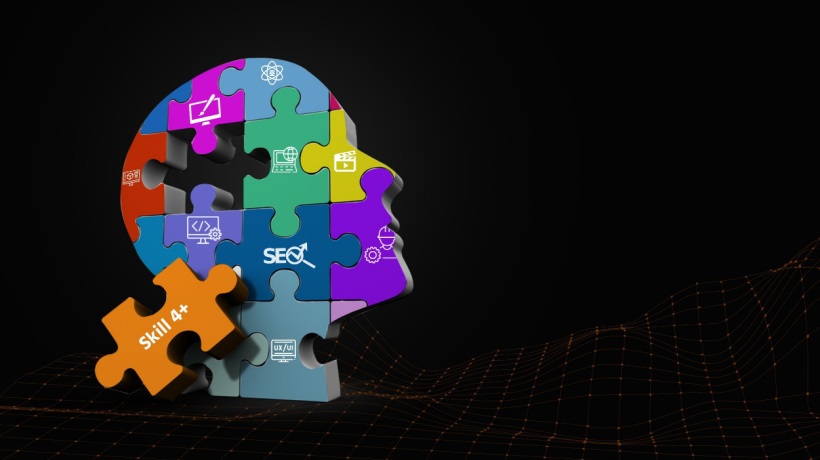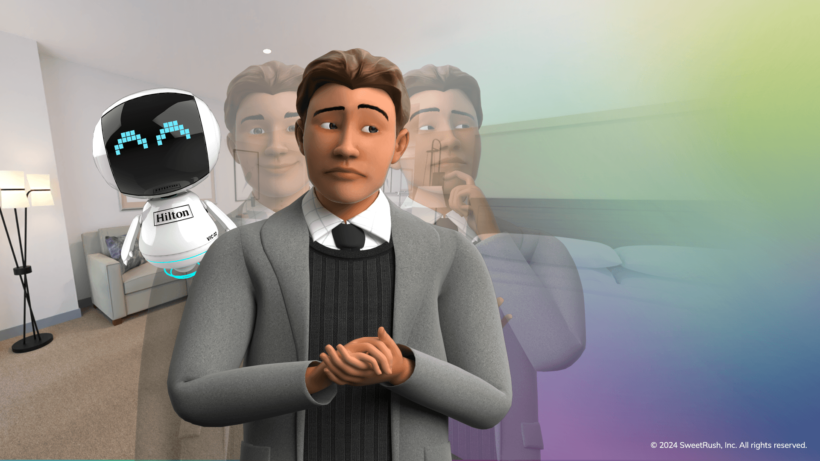Tips On How To Make Skills Training Experiences That Are Unforgettable
Training can sometimes be stressful for employees or, worse yet, virtually meaningless when it isn't associated with activities that help them build relevant skills. However, training shouldn't feel compulsory or boring. Creating eLearning experiences that employees actually enjoy is the key to unlocking their full potential, especially if they know that every resource, event, and course brings them one step closer to mastering a core competency. Below are 5 secrets that will make your skills training sessions unforgettable.
5 Tips On How To Create Memorable Training Experiences
1. It's All About Goals
Skills training is centered around developing new or existing skills, but it should also be about setting goals. Nothing can truly be achieved without some good old-fashioned goal setting first. Divide the process into more manageable steps; for example, how do we achieve communication skill building? First, we ask why we need that skill; to communicate with our team, deliver our message, and spread our ideas. If you ask each team member why a particular skill is important and what is their goal behind developing it, employees are able to create a thought pattern and associate every training session with an achievable goal.
2. Create Eye-Catching Content
Whether it's videos or images, even presentations, your skills training content should be relevant and attention-grabbing so that it's easier for employees to commit to memory. Inviting content will also encourage learners to focus more on the training activities and be more engaged in the whole experience instead of letting distractions get in the way. Plus, choosing striking content will create an emotional bond with the employees. For example, funny videos tap into their sense of humor and lighten the tone, while reassuring images and infographics will foster confidence building.
3. Present Realistic Scenarios
The skills training experience should be about preparing the learner for all kinds of situations that may arise in the workplace. Making realistic scenarios based on authentic use cases or events makes the training more relatable. Trying to devise a solution to a problem will make them remember it and put their newfound knowledge into practice. Try quizzes with potential outcomes for the different scenarios. This will make any given problem and its solution stick in their minds so that they're able to effortlessly develop their skills.
4. Gamify The Experience
Studies have shown that gamified training is more memorable for employees because it's linked to positive emotions. Whether it is a virtual game that will develop their problem-solving skills or a customer role-playing game that will enhance their communication abilities, gamification entertains as it puts everything into context. You can also incorporate Virtual Reality (VR) to enhance immersion. VR training allows learners to exercise skills and develop new ones, sometimes without even being aware that they're doing so. The experience also gives employees a way to train in various conditions and learn from their mistakes in a risk-free setting. Even if they are training on something they aren't familiar with, VR training helps them acclimate and test different approaches.
5. Encourage Self-Evaluation
Personalized training is a great way to engage employees in the skills training experience. Give them the opportunity to assess their own skills and capabilities, and ask them to highlight their strengths and areas for improvement. You can create an online quiz or meet them one by one to discuss it using video conferencing software. This way, they challenge themselves and become more aware of what they can do, which is empowering, while also focusing on what they think they could do better. With that feedback, you can create personalized training activities, making the experience more profound.
Conclusion
Training must be motivational and meaningful to be effective. When developing your skills training content, keep in mind that it should be goal-oriented and relatable to keep employees engaged. Realistic scenarios, games, and VR are also great additions to your strategy to make the information stick and keep learners actively involved in the process. Last but not least, employees should have the chance to discreetly evaluate their own strong points and gaps in order to continually expand their talents.
Are you ready to upskill and reskill your team? Check out our Top Content Providers For Soft Skills Training list to find the right outsourcing partner for your skills training program.









